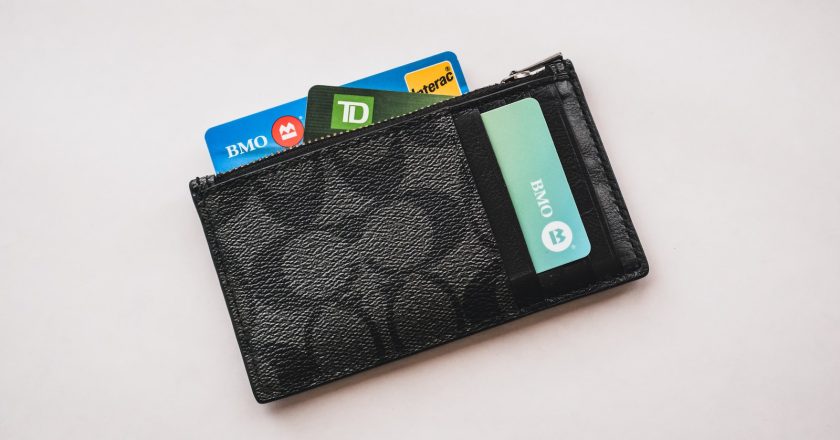A Step-By-Step Guide To Financial Planning
You gotta start by defining your financial goals. What are you aiming for?
Financial goals help you determine what you want to achieve with your money, and it's important to know what they are so that you can create a plan to reach them. Your goals can be short-term or long-term, but it's essential to have an idea of where you want to go financially.
When setting financial goals, it's crucial to make them specific, measurable, achievable, relevant, and time-bound (SMART). For instance, if your goal is to save money for a down payment on a house in five years' time, then set a specific amount of money you need to save each month. This way, you can track your progress towards achieving your goal.
Remember that financial planning is all about making informed decisions. Once you've defined you...









